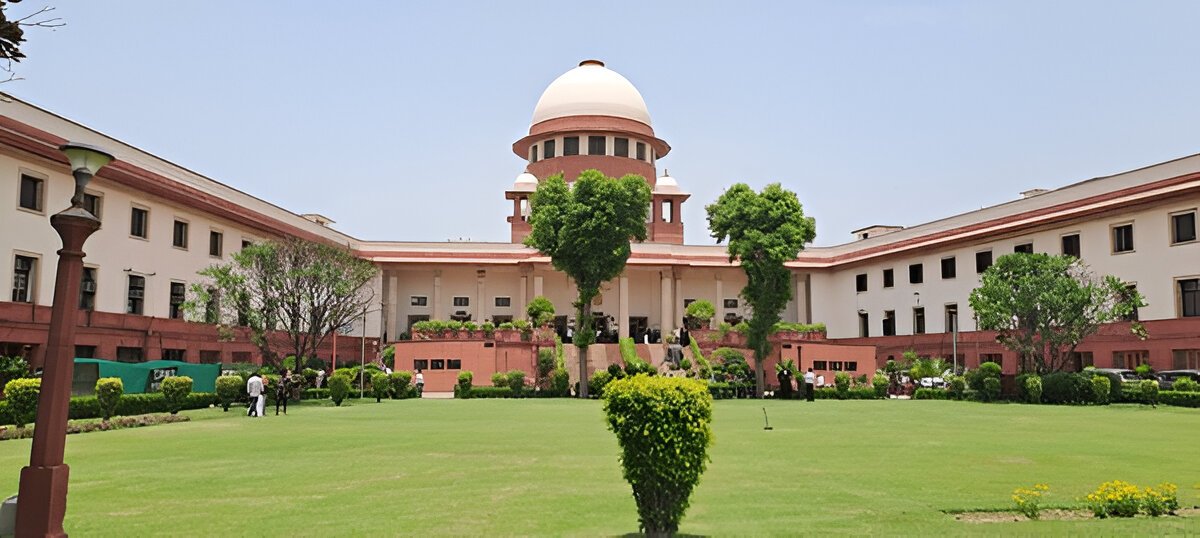The Supreme Court of India, in a landmark judgment dated April 15, 2025, delivered a powerful message to parents, healthcare institutions, and law enforcement agencies across the country. A Bench comprising Justice J.B. Pardiwala and Justice R. Mahadevan cancelled the bail granted to 13 accused persons in a child trafficking ring, underscoring the State’s failure to act with seriousness and urgency.
Background of the Case
The case arose from an appeal filed by the parents of the victims through Senior Advocate Aparna Bhat, challenging the Allahabad High Court’s decision to grant bail to 13 accused individuals involved in an inter-State child trafficking racket. Notably, many of these accused had absconded, making their release on bail even more alarming.
The Court noted that the accused included a nurse at a primary health centre in Chhattisgarh, highlighting how institutional insiders can become enablers of such crimes.
Supreme Court’s Observations
1. No Room for Negligence by Parents
The Court issued a public warning to all parents, urging them to remain vigilant. Justice Pardiwala emphasized that a moment of laxity can cost a child their life or worse—lead to lifelong trauma.
“The pain of losing a child to trafficking is more excruciating than death,” the Court observed.
2. Technology-Enabled Crime Networks
The judgment painted a chilling picture of highly organized trafficking syndicates that use technology to share victim data, coordinate operations, and execute transactions. These networks thrive on systemic loopholes and delayed adoptions, making child sale and abduction profitable.
3. Abuse of Juvenile Justice Protections
The Court pointed out a disturbing trend: the juvenile justice system is being misused as a “safe haven” by trafficking gangs. The legal protections meant for minors are now being exploited to induct children into begging, theft, drug peddling, and even sex work.
Strict Action Against Hospitals and State
The apex court warned that any hospital found complicit in cases of missing or trafficked infants would face licence suspension and legal prosecution. Hospitals have a constitutional and legal duty to protect every newborn, the Court reiterated.
Justice Pardiwala expressed deep disappointment in the Uttar Pradesh Government for not even challenging the High Court's bail order:
“We are thoroughly disappointed… The State has exhibited no seriousness worth the name.”
Significance of the Verdict
This judgment reaffirms that bail is not to be granted mechanically, especially in heinous offences like child trafficking. It also underscores the responsibility of healthcare institutions and government agencies in preventing such crimes. By cancelling the bail and laying down a clear roadmap for speedy trial, the Court has sent a strong message that child safety cannot be compromised under any circumstances.
Conclusion
The Supreme Court’s intervention in this case goes beyond legal technicalities—it is a call to action. From parents and hospitals to state authorities and the judiciary, every stakeholder has a role to play in curbing the rising menace of child trafficking. The verdict stands as a testament to the judiciary's commitment to protecting the rights and dignity of every child in India.

